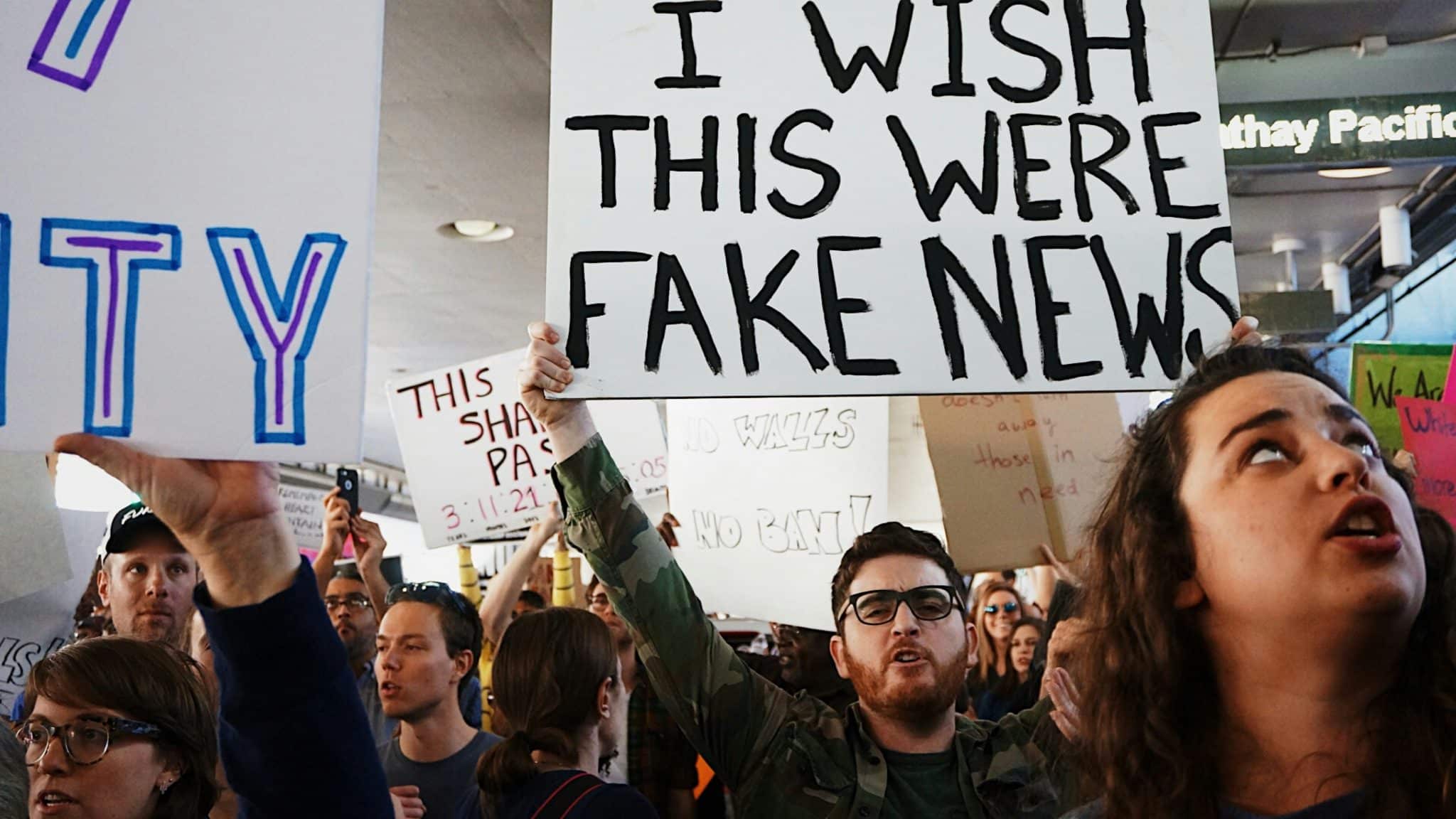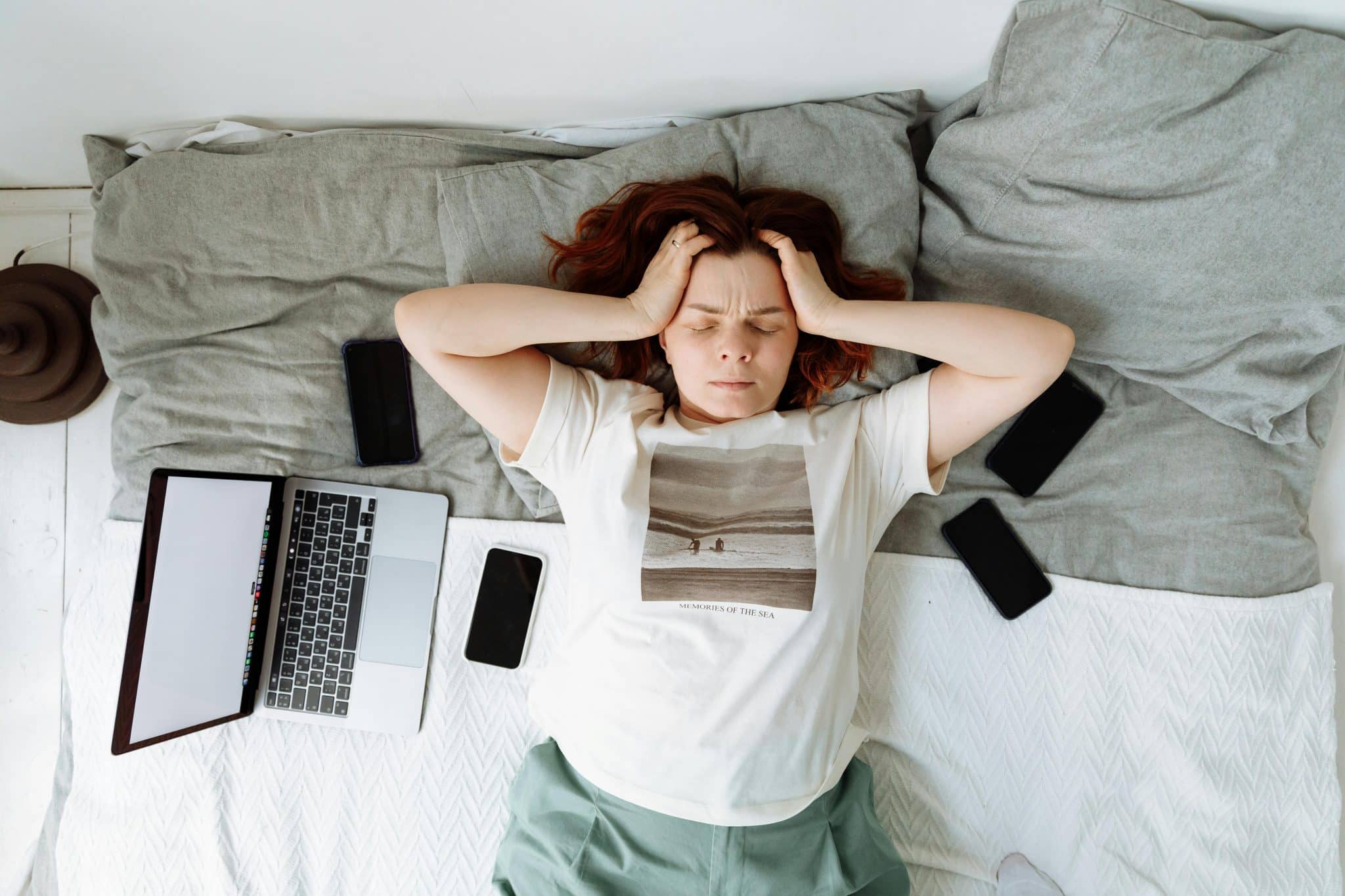Digital Detox: Is It Right for You?

Is a digital detox right for you?
What is it?
“Are you sure you want to logout?” A simple question that for many of us today can now seem daunting. Most of us do feel guilty about the amount of time we spend connected and plugged into our all-consuming digital world, yet the thought of disconnecting and logging out makes us anxious. We’re anxious that we might miss something, fall behind, or let someone down with our digital absence.
By now you’ve probably heard or read something about the idea of “digital detox.” It’s like any other juice cleanse or detox diet, but instead of ridding the body of toxins, it’s an attempt to free the mind of gnawing stress that comes with constant digital connection. The concept is simple: log off, sign out, and turn off all things digital. Although seemingly simple, most of us find it extremely difficult to disentangle ourselves from our intricately connected digital lives. This is clearly evident in many digital detox services such as retreats, classes, and workshops that have arisen over the last few years.
So why are so many people trying to detox?
Lasting anywhere from a day to weeks on some retreats, doing a digital detox has become a modern trend. With everyone from Ariana Huffington to Christopher Nolan advocating for its many benefits.
So why are so many people turning off their devices and taking a break?
- To reduce stress
- Living in a world where almost any information or person is just a few clicks away can have many benefits, but constant connection can be overwhelming. Pressure to respond to emails and texts at all hours has become a societal norm that leaves many of us feeling stressed, rushed, and overworked. Hours of work and play have merged, and as a result we can feel that we never truly get a break. A digital detox can help to restore work-life balance and give your mind the rest and time to think it needs.
- Eliminate constant distraction/ multitasking + improve concentration
- We scroll through our feeds while watching Netflix, call friends while making dinner, and respond to emails in meetings. With our devices always present, distraction and multitasking can easily become a way of life. Notifications and alerts create a false sense of urgency that constantly requires us to quickly switch between tasks, leaving us distracted and unfocused. On average, it takes 23 minutes for a worker to get back on task once interrupted. Studies have also shown that excessive online has been linked to issues with concentration, learning, and memory.
- Disconnecting from your devices for a period of time can help you to focus and think about one thing at a time, allowing for more meaningful ‘deep work’ and uninterrupted thinking.
- Improve sleep and lower risk of disease
- Research has shown that using your devices leading up to bed can suppress melatonin production by as much 22 percent – affecting quality and quantity of sleep. While other studies have shown links between exposure to blue light at night and cancer, diabetes, heart disease, and obesity.
- Relationships
- Research has shown that frequent use of digital technologies, such as social media has been linked to a decreased sense of empathy, and ironically an increased sense of loneliness. By unplugging from all your devices, many are able to be more present with others and reconnect with friends and family in person.
What we think
Although there are many benefits to taking a digital detox, for many of us it’s not a sustainable practice – because either your work or family requires these technologies for daily communication. At Freedom, we’re happy to see a dialogue about some of the harmful effects of technology, however we believe that for many of us, creating mindful practices around technology is much more important than going cold-turkey during a detox.
Although a digital detox can be helpful in making one aware of their habits, or jumpstarting a lasting change, without a continued awareness of our digital practices, most of the benefits of a detox will be short-lived.
We recommend:
- Use apps like RescueTime to help monitor how much time you are spending online
- Establishing set times throughout your day or week where you disconnect from all things digital or use Freedom’s scheduling feature to set recurring blocks of your worst digital distractions
- Turning off all devices an hour before bedtime
- Schedule Freedom to block distractions across all your devices while at work or during family times
- Enjoy device-free meals
- Try to monotask and be aware of multitasking


